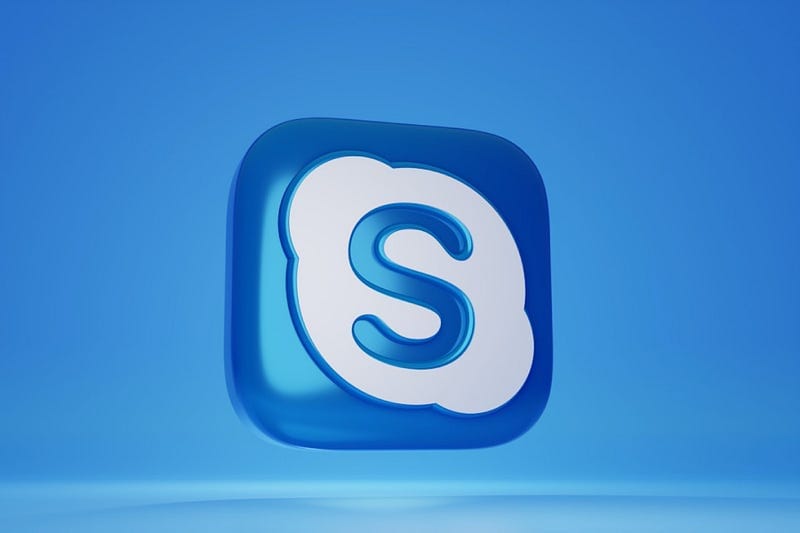Skype is Shutting Down After 20 Years – The End of an Era!
Photo by Eyestetix Studio on Unsplash

For many of us, Skype was more than just an app – it was a gateway to the digital world of communication. From video calls with loved ones to virtual job interviews and global business meetings, Skype shaped the way we connected online. However, after two decades of service, the iconic platform is shutting down, marking the end of an era in internet communication.
The Rise of Skype

Launched in 2003 by a group of Estonian developers, Skype revolutionized voice and video communication. At a time when international calls were expensive, Skype offered a free, internet-based solution that quickly gained popularity. Within a few years, it became a household name, allowing users to make free voice and video calls across the globe.
Microsoft saw its potential and acquired Skype in 2011 for a whopping $8.5 billion. The goal was clear – integrate Skype into Microsoft’s ecosystem and make it the go-to communication tool for businesses and individuals alike. For a while, it seemed like a perfect match.
What Went Wrong?

Despite its strong start, Skype started losing ground in the communication space. Several factors contributed to its decline:
1. The Rise of Competitors – Apps like Zoom, Microsoft Teams, WhatsApp, and Google Meet provided smoother experiences, better integration, and modern features. Zoom, in particular, saw an explosion in popularity during the pandemic, further pushing Skype into the shadows.
2. Frequent Design Changes – Skype underwent multiple redesigns that often confused users rather than improving the experience. Many loyal users felt alienated by the frequent changes in UI and features.
3. Performance Issues – Over time, Skype became sluggish, requiring more resources and often experiencing connectivity issues. Competitors offered lightweight alternatives with better performance.
4. Microsoft’s Strategic Shift – After acquiring Skype, Microsoft introduced Teams, which quickly became the preferred tool for business communication. As Microsoft Teams gained traction, Skype lost its relevance, especially in the corporate world.
The Final Goodbye

With declining user numbers and Microsoft’s focus shifting entirely to Teams, the decision to shut down Skype was inevitable. While Microsoft has yet to announce an official shutdown date, sources suggest that Skype will be gradually phased out over the coming months.
For many, this news sparks nostalgia. Skype played a huge role in bridging distances, whether it was reconnecting with old friends, celebrating birthdays virtually, or landing a dream job interview. The thought of it disappearing feels like saying goodbye to an old friend.
What’s Next?
If you’re still using Skype, it’s time to start looking for alternatives. Microsoft is urging users to switch to Teams, which now offers personal features similar to Skype. However, depending on your needs, you might find Zoom, Google Meet, or even WhatsApp a better fit.
While Skype’s shutdown marks the end of an era, its legacy lives on in the countless ways it shaped digital communication. It may be gone soon, but for those of us who used it to connect with the world, it will never be forgotten.
What are your best Skype memories? Share them in the comments below!





